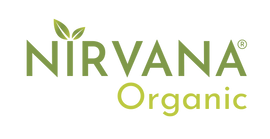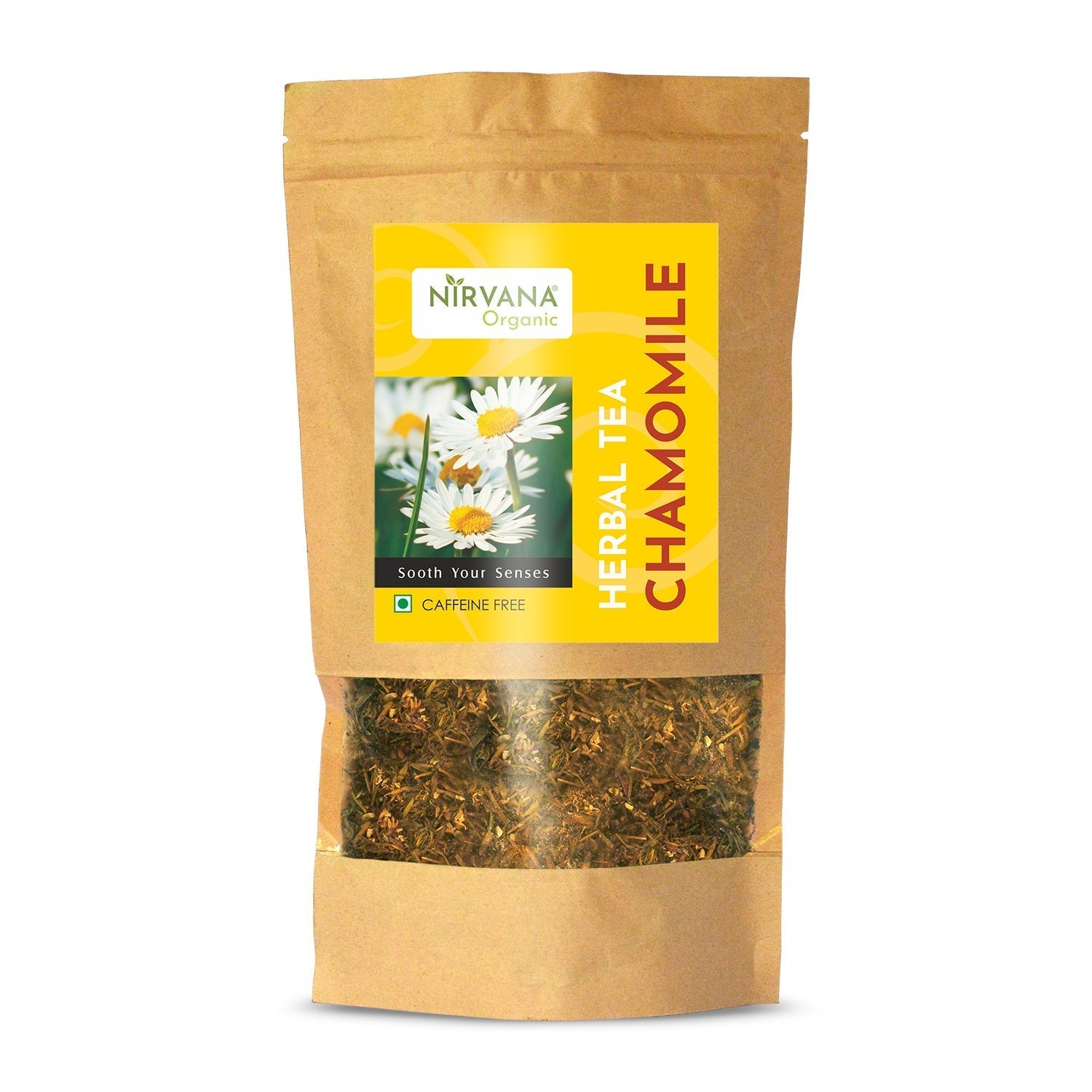Parenting children between ages 8 and 12 can prove particularly hard as you handle their shifting moods. Children during this age rarely show logical grounds for their sudden anger toward their family members. Methods exist to detach the mind from unnecessary storms while reducing emotional tensions. Scientific studies show that chamomile tea effectively alleviates stress and anxiety across all age groups from children to adults.
Since time immemorial people have prepared and consumed chamomile tea through extracting dried chamomile flowers because it possesses calming medicinal compounds. As an extensively used herbal remedy chamomile tea shows its ability to treat digestive complaints while it helps reduce colic symptoms and improves sleeping patterns.
Professional understanding agrees that chamomile possesses a safe profile when used by children. Liquidity about the safety of chamomile intake during breastfeeding remains elusive because studies remain insufficient. Chamomile shows extensive use for infants yet rare sensitization reactions remain possible. Pediatrician consultation should precede the decision to give chamomile tea to infants.
When Can Babies Start Having Chamomile Tea?
-
Organic Chamomile tea poses no significant risks when given to babies at or above the six-month mark when they start consuming solid foods. Introducing chamomile tea to your baby is most effective during their first year of life since their sensitivity to food allergies and gastrointestinal disturbances diminishes substantially at this age. A baby under six months should receive breast milk or formula only because doctors recommend those as the sole nourishment.
-
Ask permission from your baby's pediatrician and pediatric dietitian before beginning chamomile herbal tea consumption. The healthcare provider will determine the proper dosage amount with which to start changing food. Begin by giving your child 0.5oz (15ml) to check for how their body reacts.
Recommended Dosage for Babies
-
Initial Dose: Your first dose should be 0.5oz (15ml) to check for any negative reactions when your baby consumes it.
-
Gradual Increase: The dosage can be increased to 1 oz (30ml) for doses intended to treat colic or digestive issues when tolerated by your child.
-
Maximum Safe Limit: Research indicates 5oz (147ml) usage per serving would provide the best therapeutic value. Efficacy together with safety requires parents to restrict daily dose to between 2-3oz (60-90ml).
Potential Benefits of Chamomile Tea for Babies
Relief from Colic and Fussiness
Traditional medicine employs natural chamomile tea to address infant colic and reduce the common irritation that causes babies to be fussy. Scientific research indicates regular chamomile consumption helps cure extended cases of colic while decreasing fussiness thus permitting babies to sleep soundly.
Sleep Aid
Medicinal healing specialists have long documented chamomile as an active component for providing soothing benefits. Chamomile functions as a natural sedative drug that shows calming effects through both ingestion and skin application. Many mothers who consume chamomile tea experience their infants sleeping peacefully through the night.
Digestive Support
The bioactive compounds found in chamomile tea smooth the digestive system to reduce stomach cramps while supporting digestion processes. Users consume chamomile tea to obtain relief from both irritable bowel syndrome (IBS) and gastroesophageal reflux (GER).
Relief from Cold Symptoms
People use chamomile tea to manage breathing problems associated with colds because the tea has positive effects on respiratory systems. The relaxing properties may help patients breathe better and activate their immune response against fighting viral infections.
Anti-inflammatory Effects
When applied to skin irritations such as diaper rash and sunburn chamomile demonstrates its anti-inflammatory capabilities. Drinking chamomile helps relieve both teething discomfort and the inflammation in gums.
Precautions When Using Chamomile Tea for Babies
-
Allergic Reactions: The Asteraceae family includes ragweed and marigolds as well as daisies. Infants showing allergies to common plants such as ragweed might also react to chamomile.
-
Botulism Risk: Loose chamomile tea can harbor Clostridium botulinum spores that create the potential for dangerous infant botulism. Purchase your tea through reputable brands that package tea in sealed bags.
-
No Honey: Honey should never be combined with chamomile tea when caring for babies younger than one because this action raises the chances of botulism developing.
How to Choose Chamomile Tea for Babies
-
Reputable Brand: To guarantee chamomile tea purity along with safety select products from reputable trusted brands.
-
Sealed Tea Bags: Each tea bag should be individually sealed to reduce the hazards of contamination. Using loose chamomile tea is risky for tea drinkers since it may contain dangerous bacterial contaminants.
-
Pure Chamomile: Tea that contains any additional components such as peppermint or lavender should be avoided because these elements can generate negative reactions in your body.
How to Prepare Chamomile Tea for Babies
-
Heat water until it reaches boiling then pour it into a drinking vessel.
-
Add the chamomile tea bag to the cup while it steeped for ten minutes.
-
Pour away the tea bag then allow the consequently chilled tea beverage to reach a lukewarm state.
-
Offer the tea by using small sips with either a spoon bottle or a sipper.




